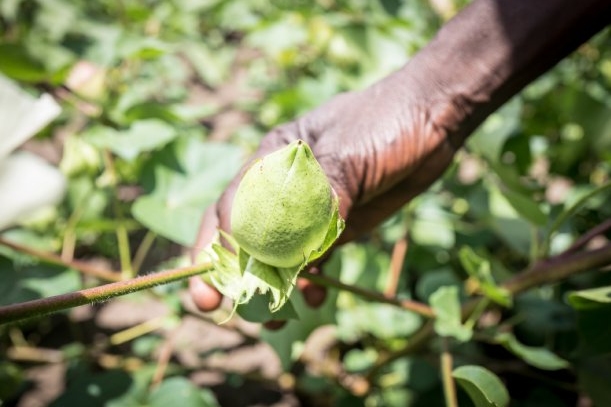
LPP collaborates with Cotton made in Africa
YarnsandFibers News Bureau 2022-01-13 10:32:07 – PolandPolish fashion company LPP, has partnered with Cotton Made in Africa (CmiA), kicking off a new year of growth for the standard for sustainable cotton.
Danzing-headquartered LPP, whose brands include Reserved, Cropp. House, Mohito, and Sinsay, have joined CmiA to support sustainable cotton farming and people in cotton-growing nations. Before the end of 2022, the company will have its first CmiA-labeled products on the market.
LPP is making a significant contribution to environmental conservation and aiding African small-scale farmers and their families through this new cooperation. The globally active fashion company's contractually agreed purchase volume of up to 60 million items per year supports its strategic sustainability goals, which include a significant increase in the percentage of environmentally friendly products and the implementation of good production standards for the sustainable textile industry.
Tina Stridde, managing director of the Aid by Trade Foundation, Cotton made in Africa’s parent organization, said that they’re happy to have won their first Polish partner in LPP and to be working with them to develop a sustainable base for their product line through CmiA.
Dorota Jankowska-Tomków, environmental social and governance (ESG) director at LPP, said that cotton is a key raw material for their textiles, and having the opportunity to go through Cotton Made in Africa allows them to procure a valuable raw material that emits significantly less greenhouse gas, conserves natural resources, and adheres to social criteria.
LPP pays a licensing fee to the Aid by Trade Foundation for each CmiA-labeled textile item. Licensing revenue is then re-invested in CmiA's African activities, which focus on providing small-scale farmers with training in sustainable cultivation methods and business fundamentals, allowing them to maintain soil fertility and protect their plants with natural materials.
The CmiA standard also forbids the use of genetically engineered seeds and the logging of main forests. Irrigation is done entirely with rainwater. According to the latest study findings, CmiA cotton has a much lower ecological footprint while also assisting small-scale farming families in improving their living situations through CmiA training. Around one million small-scale farmers grow CmiA-verified cotton in 10 countries in Sub-Saharan Africa, accounting for around 30% of the continent's cotton production. Cotton manufactured in Africa is a label that consumers can look for to identify these products.
Market Intelligence
Ask for free sample Report

experience
Customer Base
dedicated team
Countries Served Worldwide









